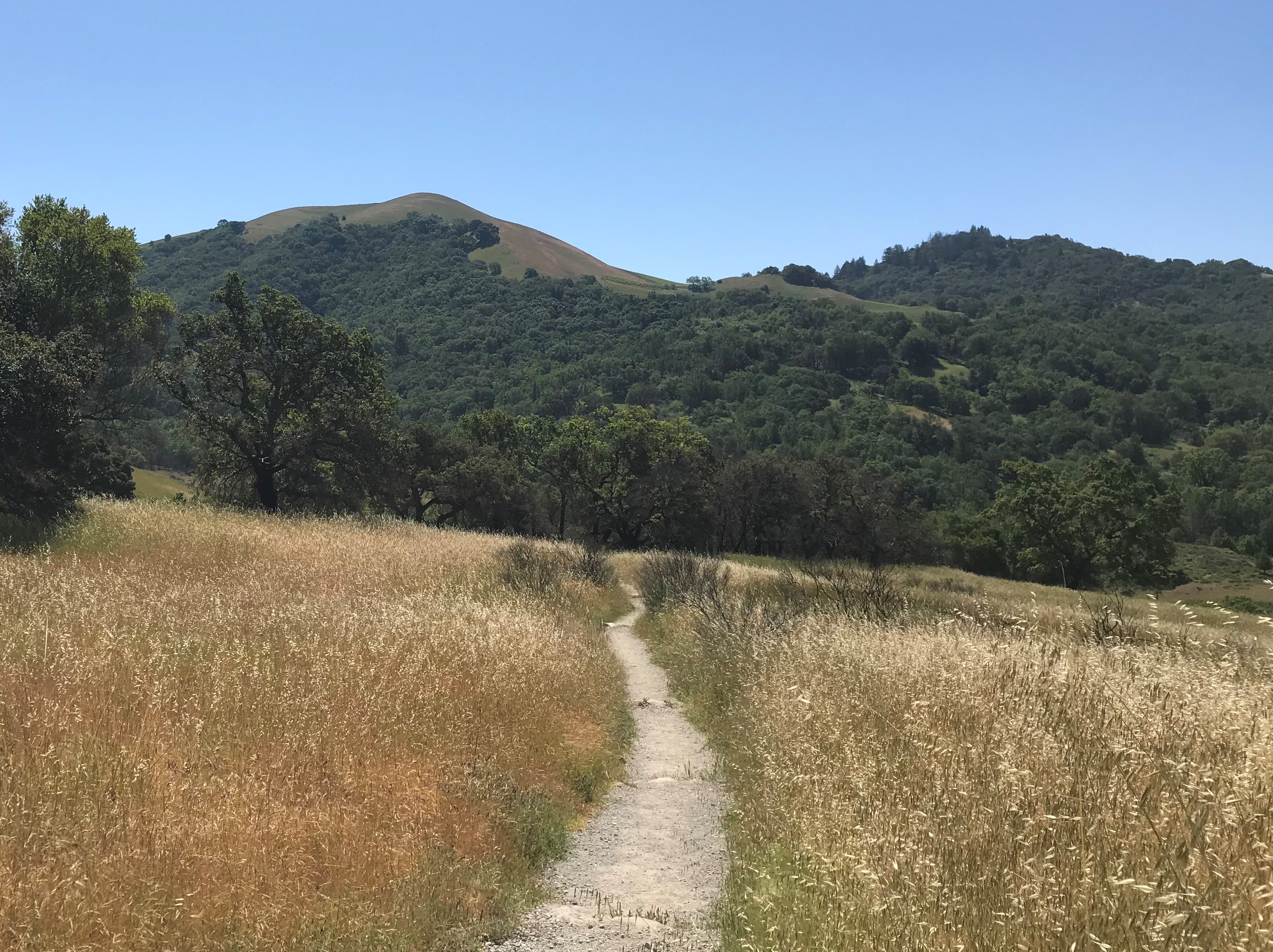History. Everywhere has it, and we all look at it differently. I once heard this interesting statement:
“The difference between a hero and a traitor is determined by which side won the war.”
Since the US won the Revolutionary War, it gets to have many heros. After all, the winner also earns the right to tell the story of what happened.
The Freedom Trail
Undoubtedly, this is one of our favorite urban hikes. One of the things we like about it is that the The Freedom Trail in Boston combines hiking with history. The trail walks you through the streets near the north end of Boston. It stretches about 2.5 miles, taking the hiker through 16 nationally significant historic sites.
You can do it on your own, or choose to go by tour. Many types of tours of the hike are available. There’s the typical, reverse, pub crawl, African-American. That means there’s a lot of different historic perspectives you can choose from. All of them offer incredible insight to that period in time.
The trail not only exhibits US history, but also speaks to the origin of the United States. When walking through, the hiker should consider each place on the trail and its significance in US history. It is guaranteed to bring new revelation to how the US became a country. Even for the most learned.
Each stop brings its own relevance to US history, a few of which are highlighted below.
Boston Commons
Boston Commons (the normal starting point) is a beautiful park, all by itself. It is America’s oldest park, having been dedicated in 1634 and open to the public ever since.
State House
The Massachusetts State House as viewed from the Commons is impressive. Completed in 1798, it has unquestionably one of the nation’s oldest National Historic Landmarks.
The Park Street Church
The Park Street Church, located at 1 Park Street, has some amazing history. While it was set up as a house of worship, it also served as a focal point for local meetings. Today it still operates as a church with regular services.
Granary Burying Ground
Even though the Granary Burying Ground is the third oldest cemetery in Boston, there are some quite memorable people in US history are buried there. Samuel Adams, John Hancock and Paul Revere are among of few of the most notable.

The Old South Meeting House
Built in 1729, the Old South Meeting House is said to be where the Boston Tea Party was decided. It’s proud heritage includes meetings where many revolution decisions were made. It opens at 9:30am and General Admission is $6.
Old State House
As Boston’s oldest surviving public building (over 300 years old), the Old State House is tucked in among today’s high rise office buildings.
The Boston Massacre
The Boston Massacre was the culmination of tensions between colonists and the British Army. While only 5 people were killed in the event, it symbolized the conflict of Britain attempting to maintain a stiff control and instituting new taxes. In addition, it served as a catalyst for the colonists to revolt for independence. The massacre occurred in front of the Old State House and there’s a marker on the site in the sidewalk.
The Paul Revere House
Along the way you can visit the house of Paul Revere, who is famed for riding through the night shouting “The British are coming!”. It opens at 9:30am, and only costs $5 for a regular entrance. The house reveals not just how colonists lived back in the day, but Paul Revere himself.
The Old North Church
“One if by land, two if by sea”, was of course in reference of how many lanterns to hang at The Old North Church. That was Paul Revere’s instructions to warn other colonists as to how the British troups would be approaching. Revere’s friends John Pulling and Robert Newman were the ones who actually carried out the request. The church still offers its regular services, but also can be toured for a nominal fee of $8 per adult, or $4 per child.
Copp’s Hill Burying Ground
Copp’s Hill Burying Ground is the second oldest cemetery in Boston. It also has a good number of notable colonists buried there.
Ultimately the trail ends at Bunker Hill Monument, symbolizing the famous Battle of Bunker Hill. The battle is considered one of the first specifically organized skirmishes in the effort of independence.
Getting Around
The entire length of the trail is very walkable, most of it is on city sidewalks, however, there is an uphill incline when starting from Boston Commons. If you’re taking your time enjoying each of the historic locations, you may not even notice that much. When you get to the end, you don’t have to worry about walking back. There’s the Community College subway station a few blocks away from Bunker Hill Monument. From there you can take the subway back to the eastern end of Boston Commons, getting off at Park Street Station.
There’s more than one subway station along the way. There’s even one underneath the Old State House Museum. The State Street Station serves both the blue and yellow lines of the Boston subway. The station empties out right where the Boston Massacre occurred. The station entrance door is at the near left of the building in the photo below.
Cost
To hike the actual trail there’s no cost whatsoever. However, if you want to go in to some of the venues along the trail there costs to tour inside. If you want to understand history in even more depth, then it will definitely be worth it to pay the fees and walk through.
Timing
Like almost every tour, timing can vary. No matter how you decide to walk the Freedom Trail, plan on a good couple of hours. If you want to go inside for each building tour you could easily spend an entire day absorbing all there is to offer.


